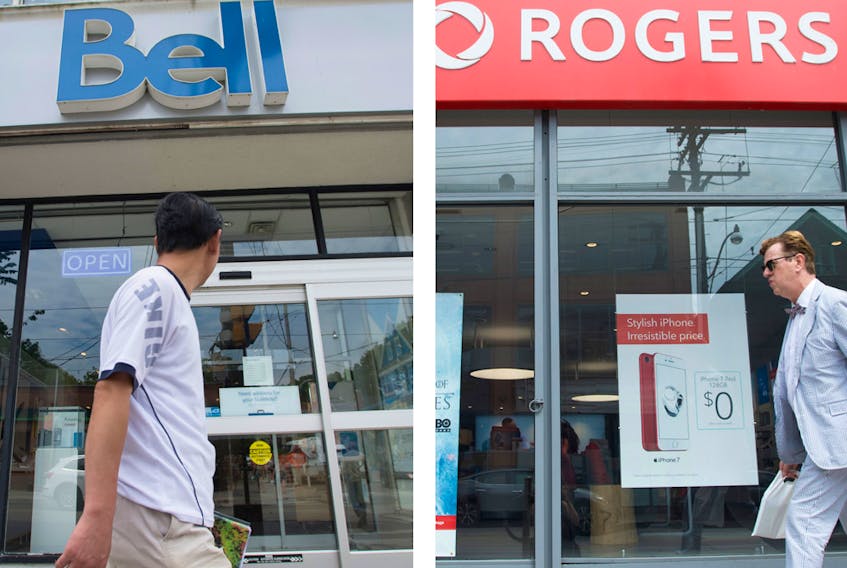Canada’s largest internet providers will have to warn customers when they’re close to reaching their data limits and provide them with clearer contract information under a new set of rules the federal telecom regulator will impose next year.
The Canadian Radio-television and Telecommunications Commission on Wednesday unveiled a new internet code that aims to reduce bill shock amid increasing complaints over surprise price hikes or extra charges for blowing past data limits.
As of Jan. 31, 2020, large internet providers must provide contracts with easier-to-understand language, notify customers when they reach 75, 90 and 100 per cent of their data limits, offer trial periods and allow customers to cancel without a fee if the contract doesn’t match what they were offered.
The CRTC moved to create the code last year after the Commission for Complaints for Telecom-television Services reported a 56 per cent rise in complaints about internet service in 2018, predominantly related to reported non-disclosure or misleading information about contract terms.
This came after a separate hearing on misleading and aggressive sales tactics in Canada’s telecom industry, a proceeding where dozens of consumers vented about signing up for a service but getting charged something else entirely.
“During our consultations, many Canadians told us about the challenges they face with their Internet service providers, including unclear agreements, unanticipated price increases and inconsistencies between offers and their bills,” CRTC chairman Ian Scott said in a statement.
“The new code will empower customers and make it easier for them to take advantage of competitive offers.”
There are already codes governing wireless and television services, launched in 2013 and 2017 respectively, so the decision to launch an internet code didn’t surprise industry analysts.
The new code will empower customers and make it easier for them to take advantage of competitive offers. — CRTC chairman Ian Scott
The internet code will not have as drastic an impact as the wireless code, which effectively killed three-year contracts and significantly capped roaming and data overage fees.
Consumer advocacy group OpenMedia criticized the code for not going far enough to protect consumers. It praised the code’s requirement for enhanced transparency, but said it does not address aggressive or misleading sales tactics and noted the onus remains on consumers to complain if an interaction goes awry.
The code comes after the government directed the CRTC to put consumers at the forefront of its decisions, said Innovation, Science and Economic Development Minister Navdeep Bains in a statement.
“Canadians have serious concerns about how they are treated by telecommunications companies, and our government has taken action,” Bains said, adding the code will “empower Canadians to demand fair treatment from their internet service providers.”
The code will apply to Bell, Rogers, Telus, Shaw, Videotron, SaskTel, Eastlink, Cogeco, Xplornet and Northwestel.
Of the 90 per cent of Canadian households with internet service, about 87 per cent are served by these large internet service providers.
Copyright Postmedia Network Inc., 2019








